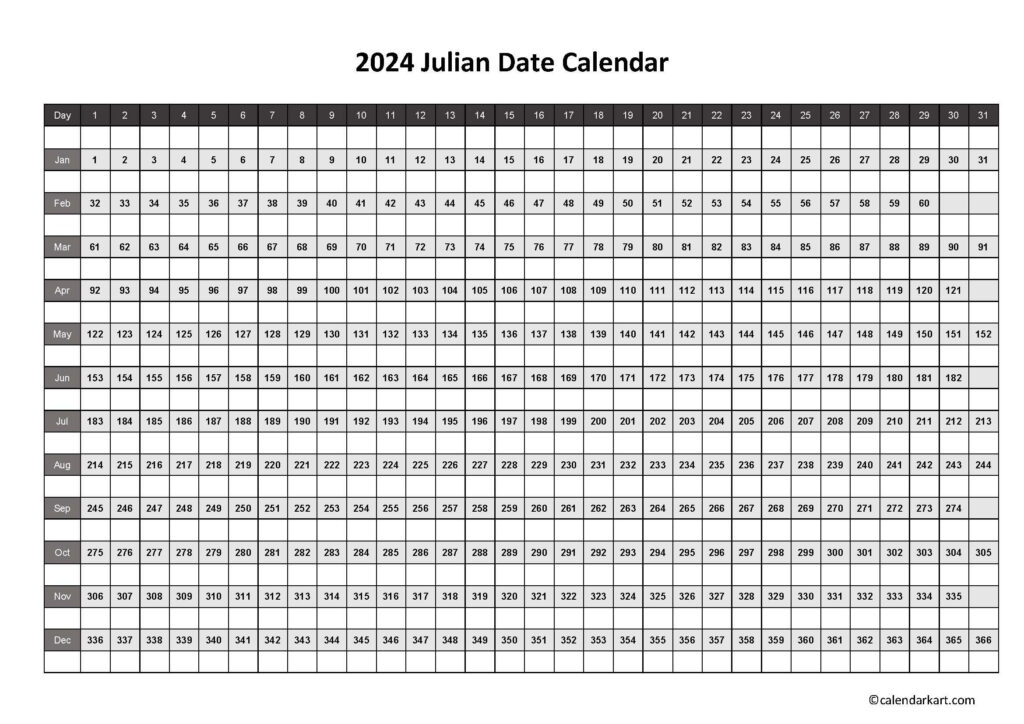The Julian calendar, introduced by Julius Caesar in 46 BC, was a reform of the Roman calendar. It was the predominant calendar in the Western world for over 1,600 years until it was replaced by the Gregorian calendar in 1582. The Julian calendar is based on a 365-day year divided into 12 months, with an additional day added every four years to account for the extra time it takes for the Earth to orbit the sun.
To calculate today’s date according to the Julian calendar, you’ll need to know the current year and the date. Start by subtracting 45 from the current year (since the Julian calendar begins in 45 BC). Then, add the number of days that have passed in the current year to determine the Julian date. For example, if today is January 23, 2022, in the Gregorian calendar, the Julian date would be 23 days into the year 2022, plus 45 years, giving us a Julian date of 2022 + 23 + 45 = 2090.
Today’s Date According To Julian Calendar
Today’s Date According To Julian Calendar
Today’s date according to the Julian calendar is [insert calculated Julian date here]. Keep in mind that while the Julian calendar is still used by some Orthodox churches for religious celebrations, it is no longer the official calendar in most parts of the world. The Gregorian calendar, which is more accurate in accounting for leap years, is now the standard calendar used globally.
